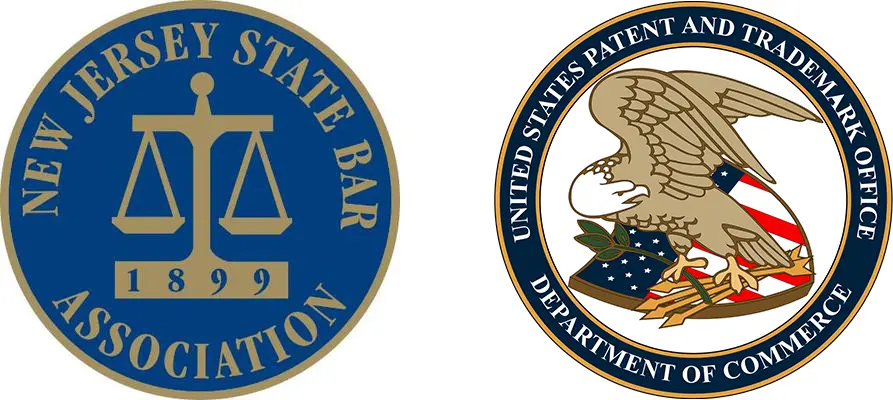Interpretation of the Safe Harbor Provision (JPPCLE): Judge Lourie’s Concurrence (Part 3)
November 20th, 2014 by Thomas J GerminarioThe following was presented at the Joint Patent Practice Seminar, April 2014. Read part 1 here and part 2 here.
Restriction vs Election of Species
While Circuit Judge Alan Lourie – coincidentally our luncheon speaker today – agreed with the majority’s conclusion in denying Safe Harbor status to the Janzen patent, he remarks that “the majority opinion overcomplicates the analysis of this appeal and improperly commingles restriction practice with election of species practice”. By focusing strictly on the clear lines of demarcation set down by the device-method restriction requirements of the parent and grandparent applications, the concurring opinion avoids the morass of the majority’s “multi-level” consonance approach.
In the parent application that preceded both the Janzen patent and the ’498 sibling patent, the patent examiner, beyond making a restriction requirement, also required an election of species from what were referred to as patentably distinct species A, B, and C, stating “the claims shall be restricted if no generic claim is finally held to be allowable. Currently no claims are generic.” Such a requirement for election of species is not the same as a restriction requirement. It is tentative and its consequences are avoidable by the applicant obtaining the allowability of a generic claim encompassing the various species or by filing separate applications to pursue the nonelected subject matter. In my view, the district court and the majority err in even considering the effect of the requirement for election of species in this case.
Judge Lourie aptly notes that, pursuant to 37 C.F.R. §1.146, a species election is not equivalent to a restriction requirement. An election of species is provisional and subject to the allowance of a linking generic claim, which would result in rejoinder of the non-elected claims. Consequently, the majority’s “multi-level” consonance analysis lays down a maze of demarcation lines that can shift during the course of the prosecution of the restricted patent. Under such an erratic reckoning, the Harbor is anything but safe.
A Word to the Wise
Practitioners would be well advised not to extend the majority reasoning beyond the facts of this case, as it’s likely to prove intractably cumbersome, particularly in situations in which viable generic claims are in play in the restricted applications. Over time, a series of decisions distinguishing St. Jude will likely evolve the Safe Harbor doctrine closer to the version propounded in Judge Lourie’s concurring opinion.

